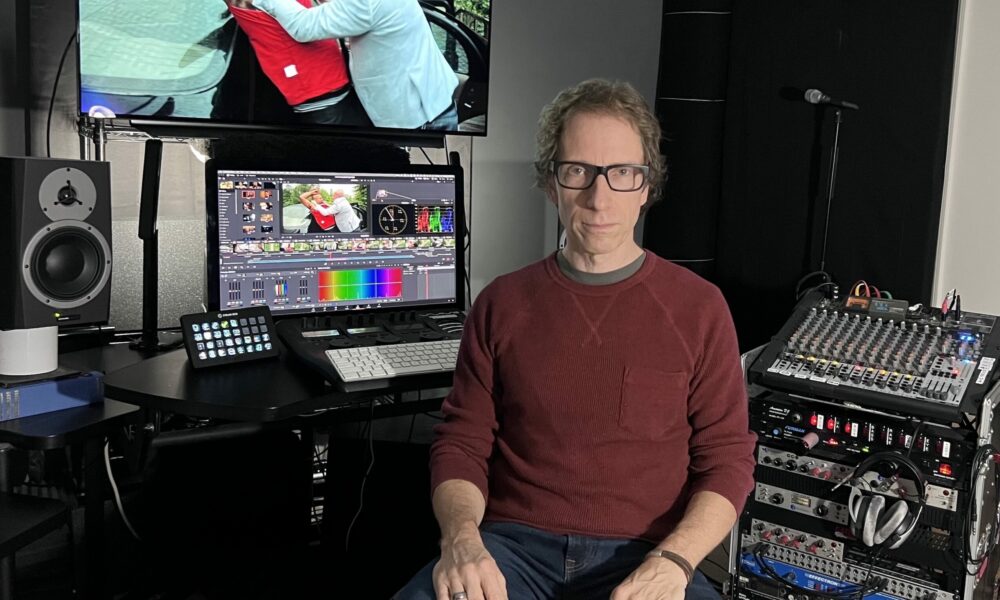

Today we’d like to introduce you to Joel Steven.
Alright, so thank you so much for sharing your story and insight with our readers. To kick things off, can you tell us a bit about how you got started?
I was totally enamored with music growing up. I used to sneak into my sister’s room when she was gone and play all of her rock albums from the 60’s and 70’s and dream of being a singer. I never thought I could actually play an instrument. But at age 15 I bought an electric guitar setup and within a year or so I was playing in a local band. For the next three years I played cover songs in the bars but I wasn’t at all fulfilled. So I asked my guitar teacher to help me learn to write my own songs. I loved it and decided to go to college for creative writing where I studied poetry and fiction in order to support my lyric writing. That lead me on a life path of being a pretty serious songwriter with over 100 songs and 8 albums of music recorded. I learned the bass and drums as well to support my writing. The only problem was I wasn’t making enough to survive. One day the band was playing a show and I was talking with the sound engineer and I asked him how much he was making for the gig. That’s when I learned that unless you are famous, the technicians made a lot more than the talent. So I took a loan out for a PA system and leaned audio engineering.
Shortly after that I moved to Northern California and got a job as a chief audio engineer with a sound company. That whole thing changed my life’s path because after moving around California for years, I ended up in Los Angeles and took a job in the audio department of a post-production house. I wanted to learn how to mix sound for films. Two weeks after moving there for the job however, they shut down the audio side of the studio. I was already struggling, and I had no idea what to do. It turned out they had an opening in the film side of the studio and it paid a lot more that the audio side. I was trained in Telecine, the process of transferring motion picture film and audio into digital assets for television. I became an assistant to the colorist, the technician who makes all of the scenes and clips from the different cameras match and creates the mood of the film or TV show. Working technically on A-list movies for a large post house taught me how to reverse engineer the making of films; from directing to editing and even acting. That got me inspired to learn photography, and I bought camera and lighting equipment and started filming small projects on the side.
When the company eventually closed its doors after ten years I moved to Atlanta to get back into the music world, never thinking I would work in post-production on that scale again. I opened an audio/video studio with a friend called Octagon Records of Atlanta. The studio struggled from the start, but at a public event for the studio promotion I met a saxophone player from my birth city of Detroit who was a three-time Emmy award-winning film colorist with his own thriving business called Colorama. We hit it off right away. His plan was to retire soon after 40 years in the business, but he wanted to train me as a colorist and keep his business going without having to work all of the time. I ended up training with him for over a year straight and he slowly started giving me jobs. Fast forward 7 years and I now have my own business called Island Digital where I work as a colorist on film, television and commercials from all over the country.
So my life has been an interesting blend (and even a dichotomy at times) of highly creative and technical fields. Without question, most people know me as a musician and a writer. This has always been my passion. But like a lot of artists I needed to pay me bills. The struggle to keep a roof over my head and food on my table became all too real early on in life. I didn’t want to quit playing music, so I learned how to diversify and merg my musical knowledge into the audio engineering field. That helped my music career immensely because I learned how to record my own records and get the sound I like. I also loved photography and film, but I wasn’t making enough to do it full-time. So I went into post-production and learned how movies are made. That not only helped my bank account, but in the end it made me a much more rounded photographer, and opened doors into directing. It gave me the experience I needed to land the best job of my life as a colorist.
If I could give one bit of advice to all of the wonderfully creative people in the world, it would be this . . . keep an open mind to exploring paths outside of your first intentions. Let go of preconceived notions and let life take you on a journey. Try something new and don’t be afraid to fail. If you try it and don’t like it you can always change course. But in being open to the opportunities outside of your wheelhouse, you may find yourself in a much better place than you had originally imagined. It’s not selling out when you have to work at a job outside of your dream career, its supporting your art.
Can you talk to us a bit about the challenges and lessons you’ve learned along the way. Looking back would you say it’s been easy or smooth in retrospect?
The road to where I am now has been both rough and winding. There were times when I was totally broke; I had no almost food to eat, no room left on my credit accounts, and was on the verge of losing my home and my relationship with the woman I loved. I even pawned my prized guitars and took out a title loan on my car just to stay alive. There is a lot of shame that comes from not being able to provide for yourself and your loved ones. Then self-doubt can take over and things can spiral out of control pretty quickly. In the end what saved me, and what I think is the key to overcoming almost any adversity in life, is the quality of your relationships. Because I had been good to my friends and family they stood by me and believed in me even when I lost faith in myself. They helped me through all of it. At first it crushed my pride taking their help. But after a lot of reflection, I came to understand that it’s okay to need support at times because I had inadvertently supported them in other ways throughout the years without even knowing it.
Can you tell our readers more about what you do and what you think sets you apart from others?
In the world of music, I am known primarily as a songwriter and performer. My latest endeavor has been playing bass in an all-original band called Head Canon. In film and television, most people know me as a colorist and editor. I have done some directing here and there as well and that has got me some recognition within local acting circles. I think my talent is really in seeing the big picture; bringing a project to life by understanding the technical process that moves a vision from a nebulous idea to a concrete product. Music and film projects of all sizes need to have someone who can put the pieces of the puzzle together while keeping the artistic vision alive. And you have to do all of that without hurting feelings and alienating people. I have found out over time that there are not a lot of people that are good at all of it.
One thing I am very proud is a recent dramatic crime pilot I directed called Suttersville. A friend of mine wrote the script but we couldn’t get funding for the full episode, so we made a trailer using whatever means we could to get a professional result to pitch to investors. I was the editor, colorist, audio engineer, sound designer and even did had an acting role. The shoots were crazy at times, involving 4 cameras and a drone, managing weapons and choreographing chase scenes on foot and in cars. It came out fantastic and I had a so much fun directing it. It was extremely challenging managing all of those people. I have always loved a good challenge.
Do you have any memories from childhood that you can share with us?
The part of Michigan where I grew up had a lot of swampland. In the springtime when the water was high, my best friend and I built rafts out of old pallets and styrofoam that we collected from building sites nearby. We would get long sticks and raft around Huckleberry Finn style and catch tadpoles, frogs, crayfish, snakes and fish, and chase butterflies in the wildflower fields near the banks. It taught me to appreciate beauty of the natural world. I would often go home and draw what I saw. I think it was the reason I ended up in fine arts in college.
Pricing:
- Music Video – Color and finishing $500
- Audio/Video Editing – $75.00 hr
- Indie Music Recording/Mixing – $50.00 hr
Contact Info:
- Website: https://islanddigitalpost.com
- Facebook: https://www.facebook.com/octagonstudiosofatlanta
- Linkedin: www.linkedin.com/in/joel-steven
- Other: https://www.imdb.com/name/nm3150969/
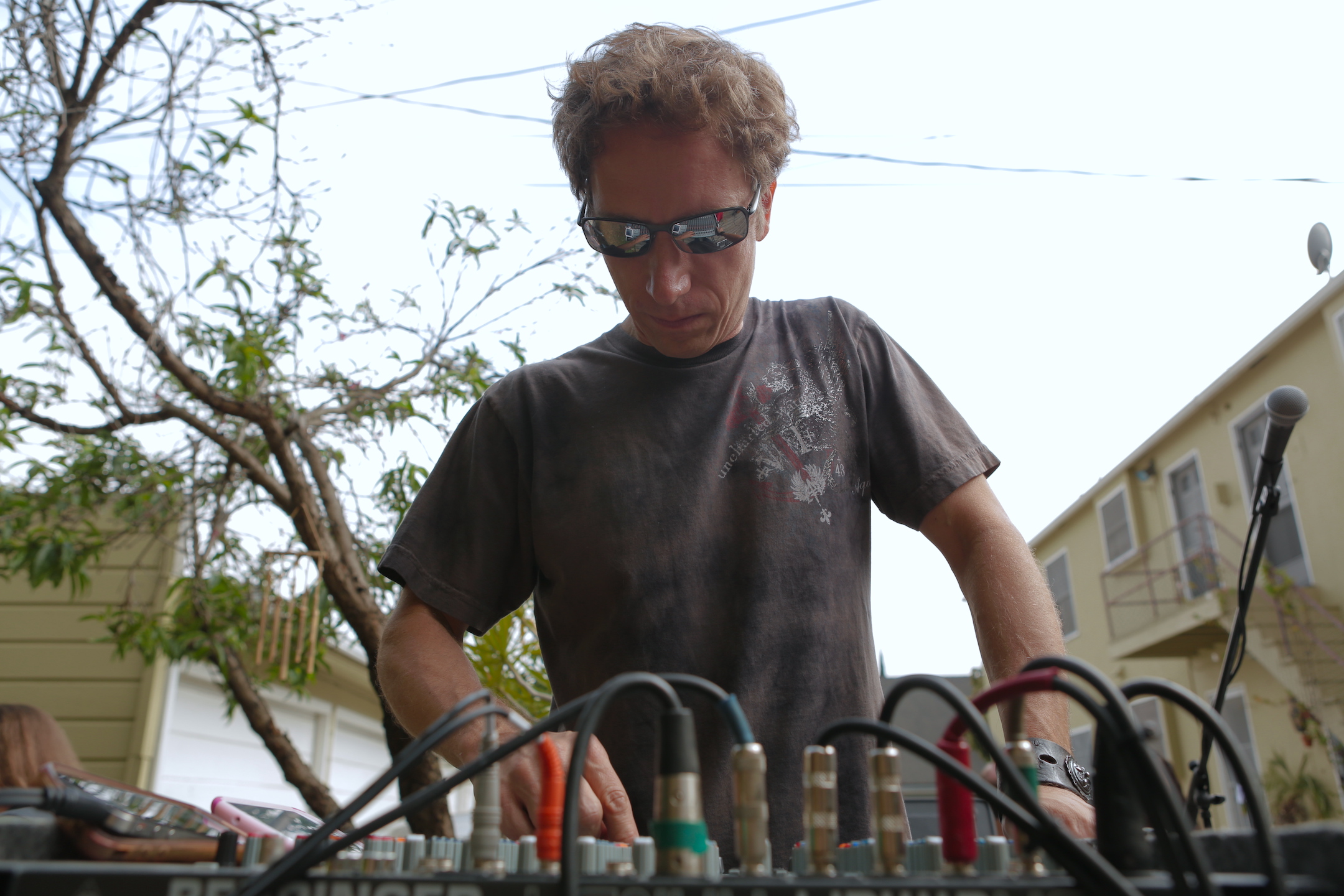
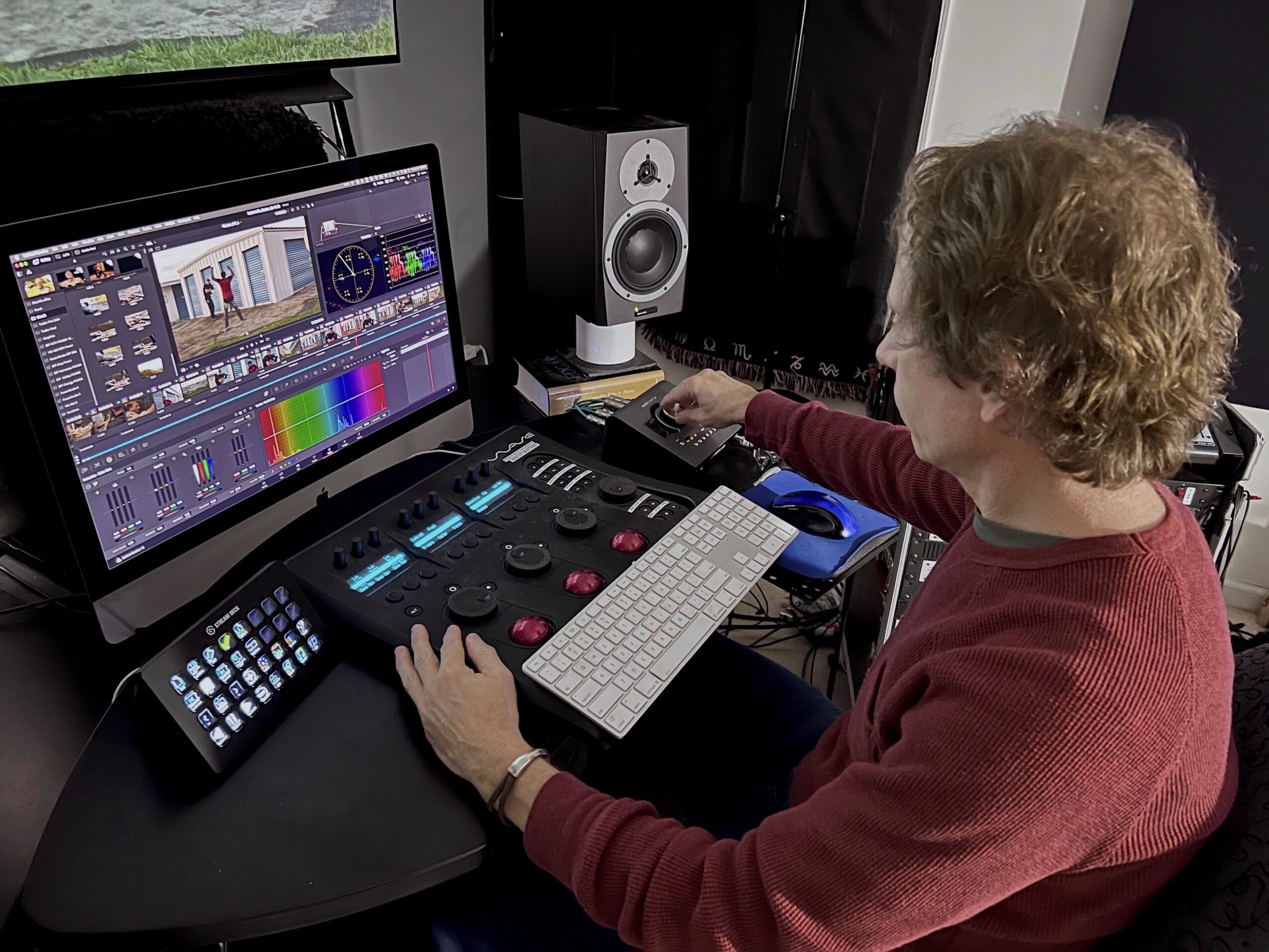
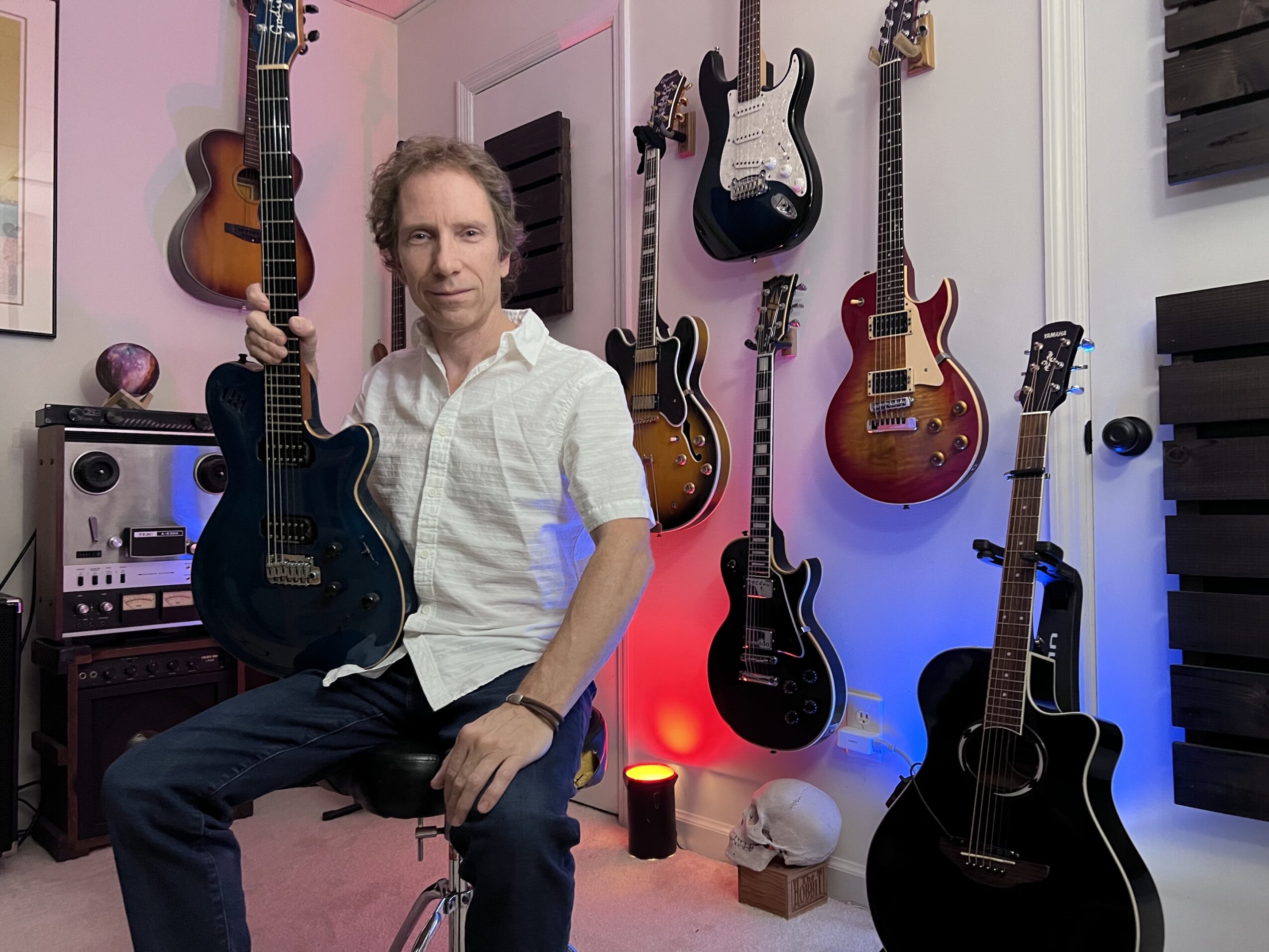
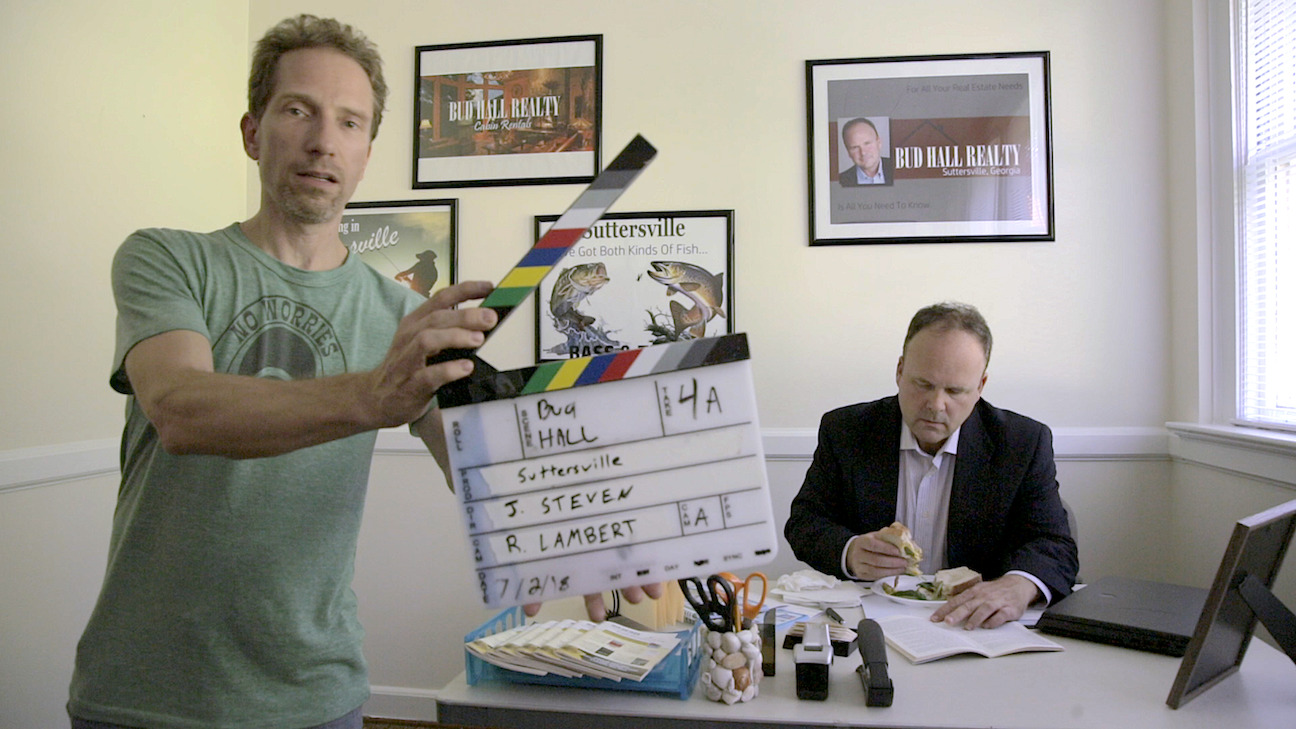
Image Credits
Holli Emory













